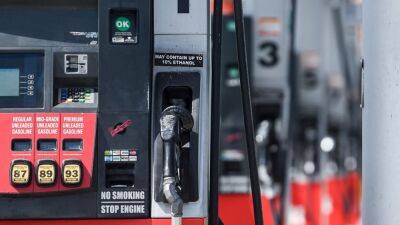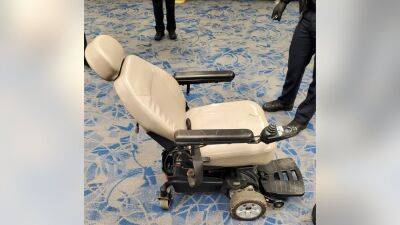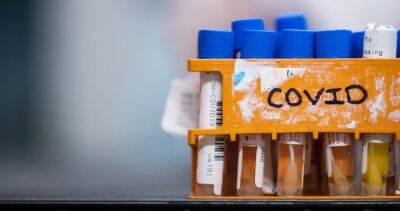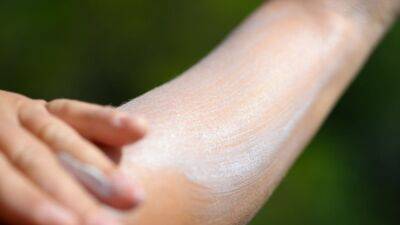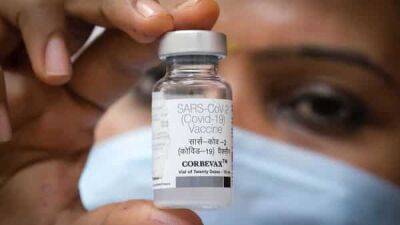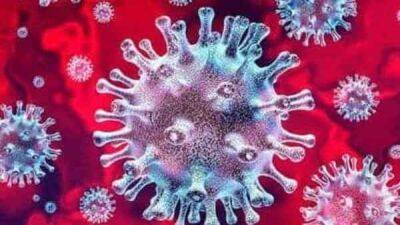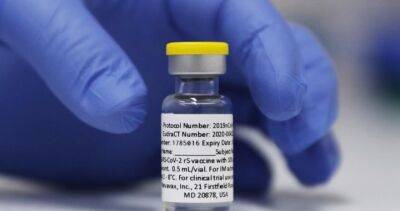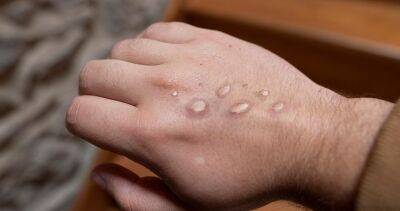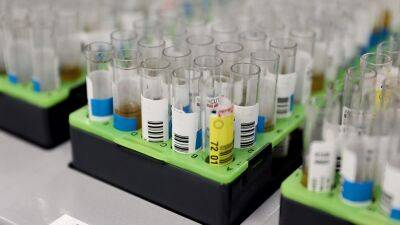Canada’s top court says voluntary extreme intoxication a defence in violent crimes
Supreme Court of Canada issued a major decision on Friday allowing criminal defendants in cases involving assault — including sexual assault — to use a defence known as self-induced extreme intoxication.Effectively, it means defendants who voluntarily consume intoxicating substances and then assault or interfere with the bodily integrity of another person can avoid conviction if they can prove they were too intoxicated to control their actions.“To deprive a person of their liberty for that involuntary conduct committed in a state akin to automatism — conduct that cannot be criminal — violates the principles of fundamental justice in a system of criminal justice based on personal responsibility for one’s actions,” wrote Justice Nicholas Kasirer in the unanimous nine-judge ruling.Under Section 33.1 of the Criminal Code, extreme intoxication — formally known as non-insane automatism — cannot be used as a defence in criminal cases where the accused voluntarily ingested the intoxicating substance.The court’s ruling declares that section is unconstitutional.
Thomas Chan gets new trial after Supreme Court rules extreme intoxication can be used as defence The court found that, despite the “laudable purpose” of the criminal code provision, it runs afoul of the Charter of Rights and Freedoms because it is too broad.“The legitimate goals of protecting the victims of these crimes and holding the extremely self-intoxicated accountable, compelling as they are, do not justify these infringements of the Charter that so fundamentally upset the tenets of the criminal law,” the court said in the ruling.“With s.
Read more on globalnews.ca

